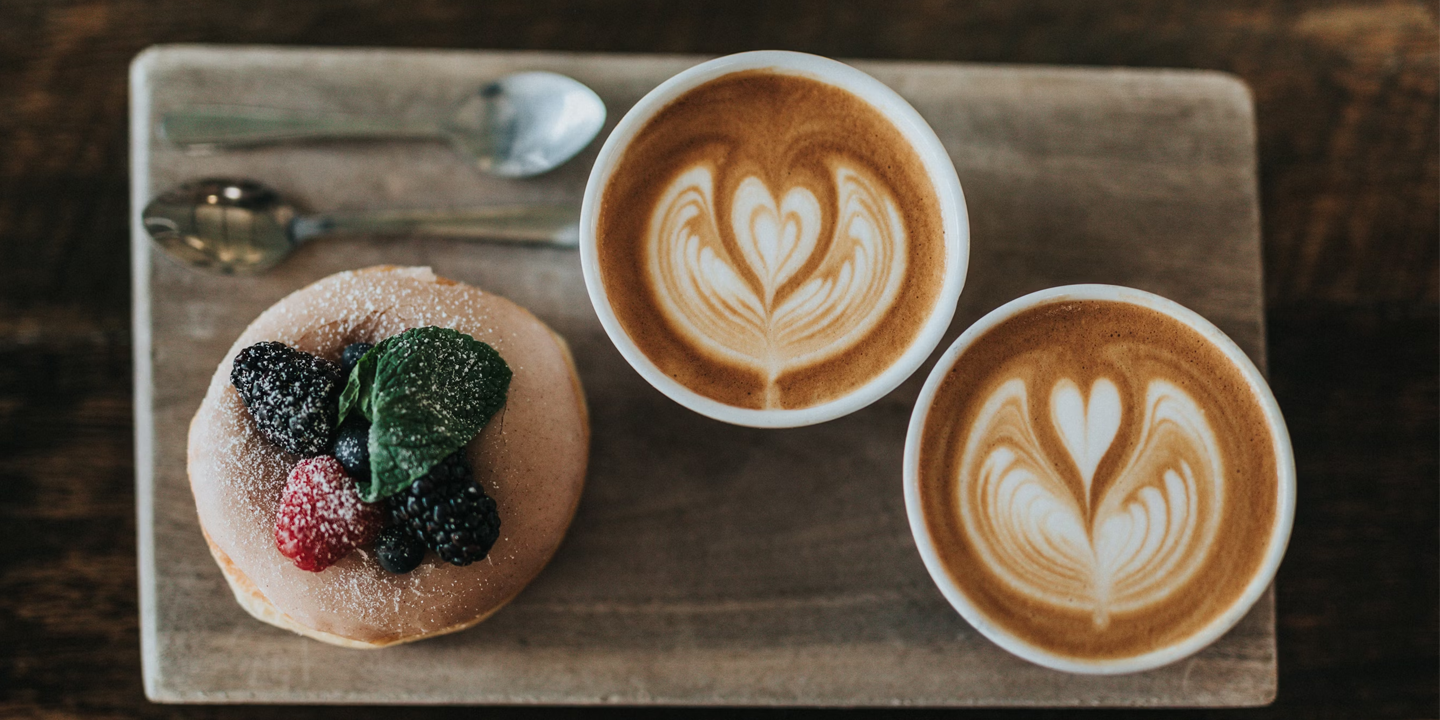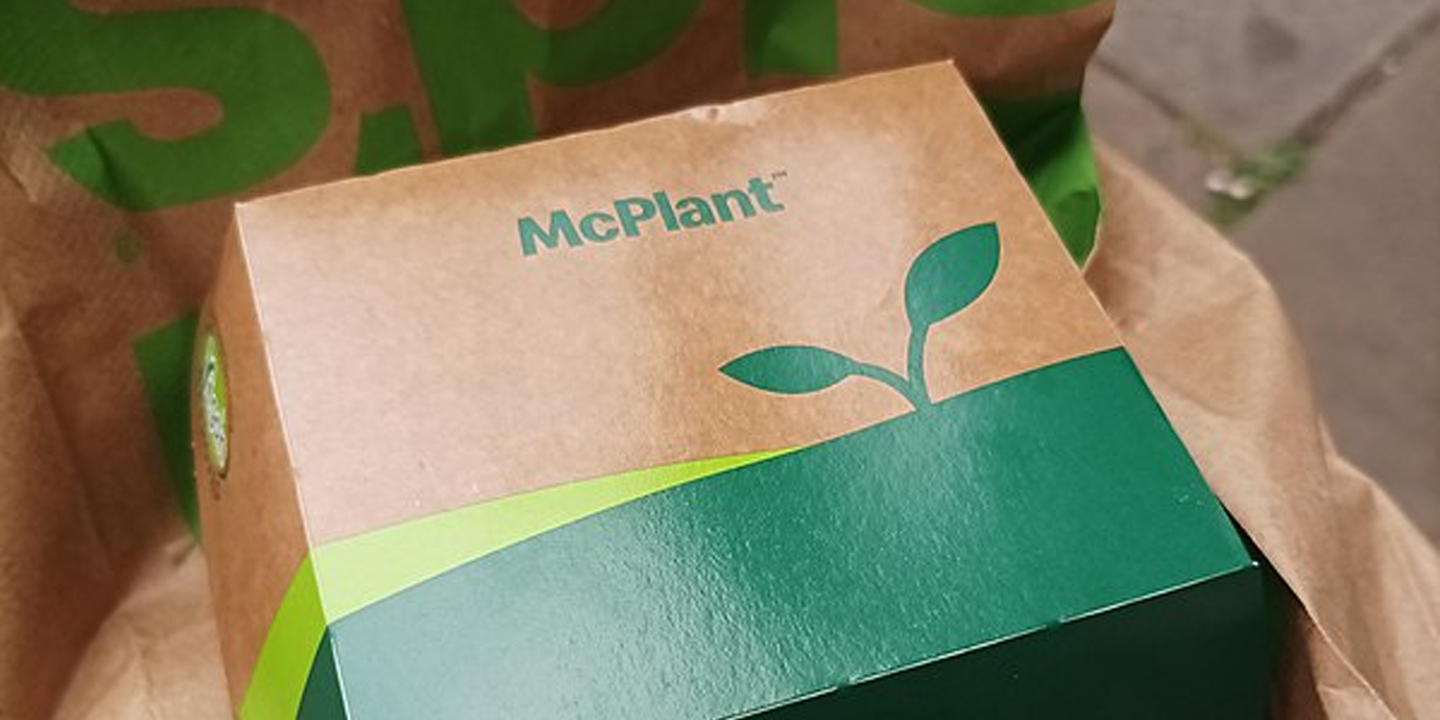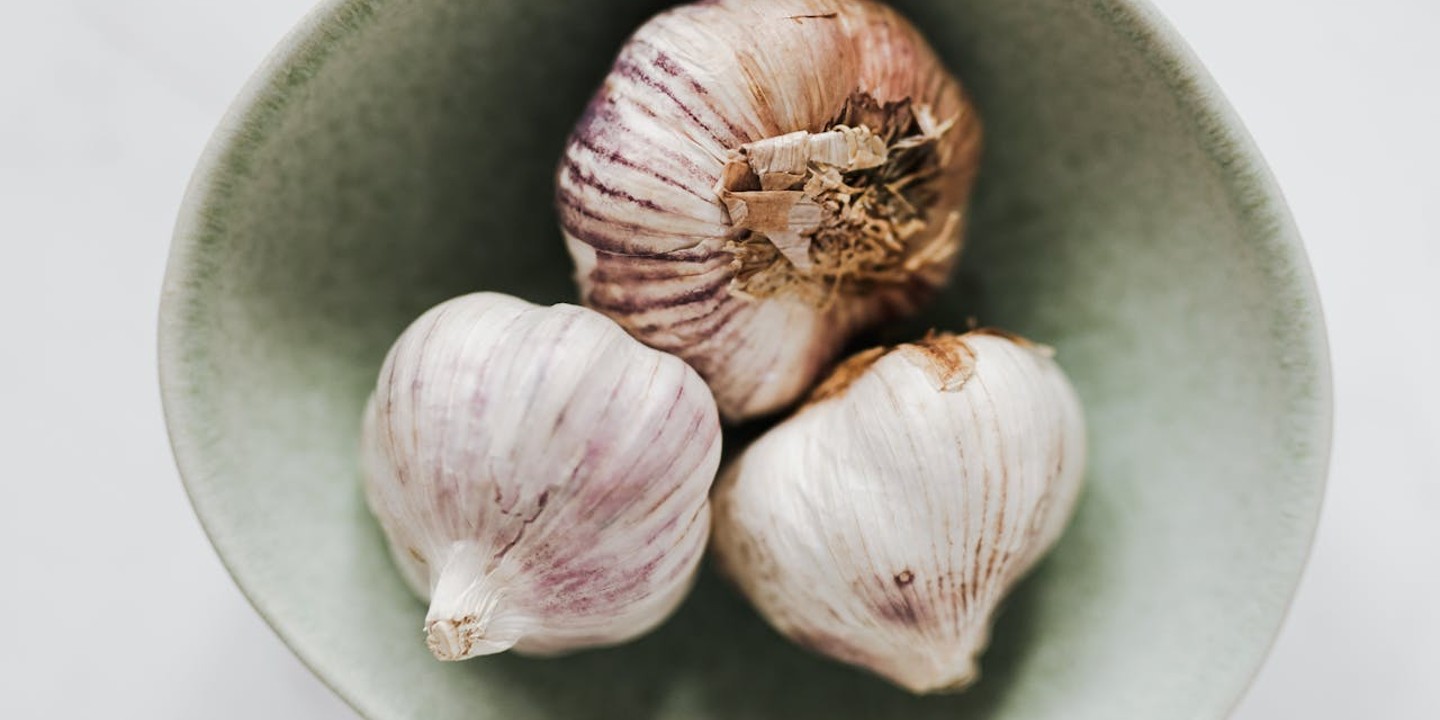Flavors That Left Too Soon
Although these sodas didn’t stick around, they surely left their mark on the soft drink world. Some were simply temporary marketing ploys, while others were genuine attempts at giving the world a new and interesting way to enjoy soda, but all of them proved too weird for their own good. If your childhood smelled vaguely like corn syrup and regret, this list might bring back those memories.
1. Pepsi Holiday Spice
Only sold during the winter seasons of 2004 and 2006, this cinnamon-infused cola promised festive cheer in a bottle. Some found it cozy, others called it weird. Either way, Pepsi shelved the item, and the holidays haven’t tasted quite the same since.
2. Coca-Cola BlāK
In 2006, Coca-Cola unveiled a coffee-infused cola designed to appeal to a more mature palate. However, it missed the mark as most found it too bitter and strange. So, when sales tanked, the company pulled the plug within two years. No comeback ever happened.
3. 7Up Gold
7Up Gold entered the market in 1988 as a spiced, amber-colored soda. The flavor confused fans, expecting something crisp and citrusy. So, sales dropped fast, and production stopped within a year. Most people forgot it even existed.
4. Sprite Remix
Sprite Remix burst onto shelves in 2003 with tropical and berry flavors, a bold twist on the classic lemon-lime. It gained a cult following but disappeared by 2005. Despite petitions, the remix didn’t return, leaving only cravings for its vibrant taste.
5. OK Soda
OK Soda was a vibe with gray cans and existential quotes. It was irony in liquid form. Yet, this drink confused everyone and sold almost nothing. Coca-Cola axed it quickly, but somehow, people still whisper about it like it was some performance art.
6. Mountain Dew Johnson City Gold
Launched in 2012, this malt-flavored, nonalcoholic Dew aimed to tap into the brand’s roots. It was tested in select regions like Denver and parts of the Midwest. A fan contest hinted at a 2013 national launch, but it never went down. The soda quietly disappeared.
 CarBS - Mountain Dew Johnson City Gold by WrecklessEating
CarBS - Mountain Dew Johnson City Gold by WrecklessEating
7. Josta
Josta kinda felt alive. With guarana and bold flavors, it pulsed through the late ‘90s like a caffeinated anthem. Millennials remember the rush, the ads, and the edge. So, when production ended, it left behind more than thirst; there was heartbreak, too.
 Drinking Another 20 Year Old Josta by brian gill
Drinking Another 20 Year Old Josta by brian gill
8. dnL
dnL was 7Up flipped upside down, literally. Green bottle, caffeinated, and way too cool for its own good. It showed up in 2002, and it tried to party with the Mountain Dew crowd, then was ghosted by 2006. If you blinked, you probably missed it.
 CarBS - Mountain Dew Johnson City Gold by WrecklessEating
CarBS - Mountain Dew Johnson City Gold by WrecklessEating
9. Vault
Vault debuted in 2005 as Coca-Cola’s high-caffeine soda aimed at Mountain Dew. Despite early hype, it faded by 2011. A limited 2019 return as Nuka-Cola Dark tied to Fallout 76 gave fans a nod, but it still remains discontinued.
10. Pepsi Twist
The ads were everywhere. You couldn’t miss them, especially the ones with Ozzy Osbourne and his family. Pepsi really pushed the Twist branding hard. For a while, it seemed like Lemony Cola was going to be the next big thing on soda shelves until it went away.
 Dhscommtech (talk)Peter Wall on Wikimedia
Dhscommtech (talk)Peter Wall on Wikimedia
12. New Coke (Coca-Cola II)
If you were around in 1985, you remember the chaos. New Coke replaced the original, and people absolutely lost it—protests, petitions, even hoarding. So, Coca-Cola caved and brought their beloved classic back. In 2019, Stranger Things brought the New Coke back briefly, but nobody wanted it.
11. Dr Pepper Berries & Cream
Was anyone asking for berries and cream in their soda? Dr Pepper thought so in 2006. Reactions were mixed, and the flavor was discontinued not long after. Although a 2022 giveaway re-release offered a brief taste, it’s no longer regularly available—just a fizzy memory.
13. Citra
Citra wasn’t built for mass appeal. Released in the late ‘90s, it targeted fans of punchy citrus drinks with a bitterness that lingered longer than most expected. This is why, after a quiet run, it faded out of stores and slipped into soda history with barely a headline.
14. Tab
For decades, Tab was the diet drink of choice for its pink can, bold personality, and fiercely loyal fans. Introduced in the 1960s and surviving longer than anyone expected, the end finally came in 2020. One of the last true icons quietly left the aisle, and despite fan campaigns, no re-releases have materialized as of 2025.
15. Crystal Pepsi
Remember the clear cola craze of the early ‘90s? Crystal Pepsi broke the mold—same taste, no color. It had a big hype run but fizzled fast. Fans still mourn its discontinuation, though limited re-releases in 2016, 2017, and 2022 offered rare sips of nostalgia.
 Mike Mozart from Funny YouTube, USA on Wikimedia
Mike Mozart from Funny YouTube, USA on Wikimedia
16. Coca-Cola Black Cherry Vanilla
This 2006 flavor blend came at a time when Coca-Cola was pushing boundaries. Combining cherry and vanilla in one cola sounded bold, but the result didn’t click with most palates. Soon, sales went down. By the following year, it disappeared.
17. RC Edge
A high-caffeine twist on Royal Crown Cola, RC Edge launched in 1999, targeting the energy-drink crowd. Marketing was minimal, and awareness stayed low. By the time most consumers noticed it, shelves had already been cleared for something new by 2000.
18. Orbitz
Just imagine drinking a lava lamp. That’s what Orbitz felt like. Although floating gel spheres in strange fruit liquids made this 1997 release impossible to forget, few enjoyed the texture. It vanished quickly, preserved in memory more as a science experiment than a refreshment.
19. Mountain Dew Pitch Black II
Pitch Black II cranked up the grape and threw in a sour kick. This wasn’t unpopular, but rather, it made waves in 2005 and then just stopped showing up. People held on for a comeback, but Mountain Dew had already moved on to the next experiment.
20. Pepsi AM
Pepsi once thought people wanted soda with their eggs. Following the idea, they rolled out Pepsi AM in 1989 with extra caffeine but the same cola taste. However, it raised eyebrows more than interest, and by the end of the year, the concept was gone.























